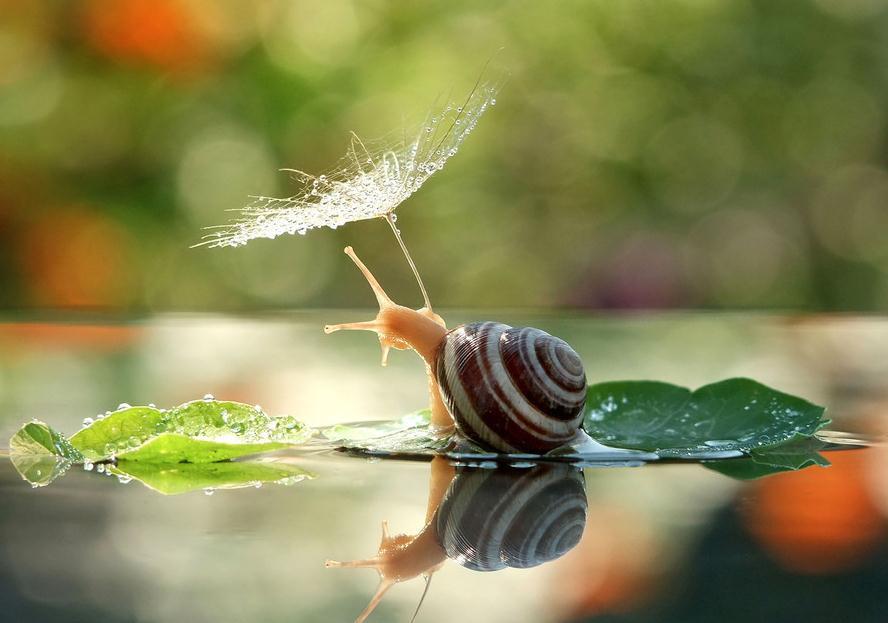The perfect person has no self, the holy one has no merit, the wise have no reputation. Chuang Tzu
The Fetters of Our Possessions
I see young men, my townsmen, whose misfortune it is to have inherited farms, houses, barns, cattle, and farming tools; for these are more easily acquired than got rid of. Better if they had been born in the open pasture and suckled by a wolf, that they might have seen with clearer eyes what field they were called to labor in. Who made them serfs of the soil? Why should they eat their sixty acres, when man is condemned to eat only his peck of dirt?
Why should they begin digging their graves as soon as they are born? They have got to live a man’s life, pushing all these things before them, and get on as well as they can. How many a poor immortal soul have I met well-nigh crushed and smothered under its load, creeping down the road of life, pushing before it a barn seventy-five feet by forty, its Augean stables never cleansed, and one hundred acres of land, tillage, mowing, pasture and woodlot! The portionless, who struggle with no such unnecessary inherited encumbrances, find it labor enough to subdue and cultivate a few cubic feet of flesh. Henry David Thoreau
The Four Virtues
Those who want to know the truth of the
universe should practice the four cardinal virtues.
The first is reverence for all life; this
manifests as unconditional love and respect for
oneself and all other beings.
The second is natural sincerity; this manifests
as honesty, simplicity and faithfulness.
The third is gentleness; this manifests as
kindness, consideration for others, and sensitivity
to spiritual truth.
The fourth is supportiveness; this manifests as
service to others without expectation of reward.
The four virtues are not an external dogma
but a part of your original nature.
When practiced, they give birth to wisdom
and evoke the five blessings: health, wealth,
happiness, longevity and peace.
Comments: Every religion has ethics or virtue
as a basis. Certainly one could never venture
into the inner circle without being firmly
grounded in virtue.
First: St. Francis of Assisi showed great
respect for life, to the point that he feared
treading on worms while walking on a path.
Second: We need to be sincere with ourselves
This starts with self-observation.
Third: Gentleness and kindness are looked on as weaknesses in this day and age.
Fourth: This humanity is more concerned with
taking than giving. Consumerism and materialism
are primary drivers in our daily lives.
Mother Nature is viewed as a natural resource
and we take and we take without any regard for
the consequences. Supportiveness, then, would
be acting as a steward for the Earth, protecting
the environment and conserving our natural
resources.
True Meditation
Do you think you can clear your mind by
sitting constantly in silent meditation ?
This makes your mind narrow, not clear.
Integral awareness is fluid and adaptable,
present in all places and at all times.
That is true meditation.
Who can attain clarity and simplicity by
avoiding the world?
The Tao is clear and simple, and it doesn’t
avoid the world.
Why not simply honor your parents,
love your children,
help your brothers and sisters,
be faithful to your friends,
care for your mate with devotion,
complete your work cooperatively and joyfully,
assume responsibility for problems,
practice virtue without first demanding it of others,
understand the highest truths yet retain an
ordinary manner?
That would be true clarity, true simplicity,
true mastery.
